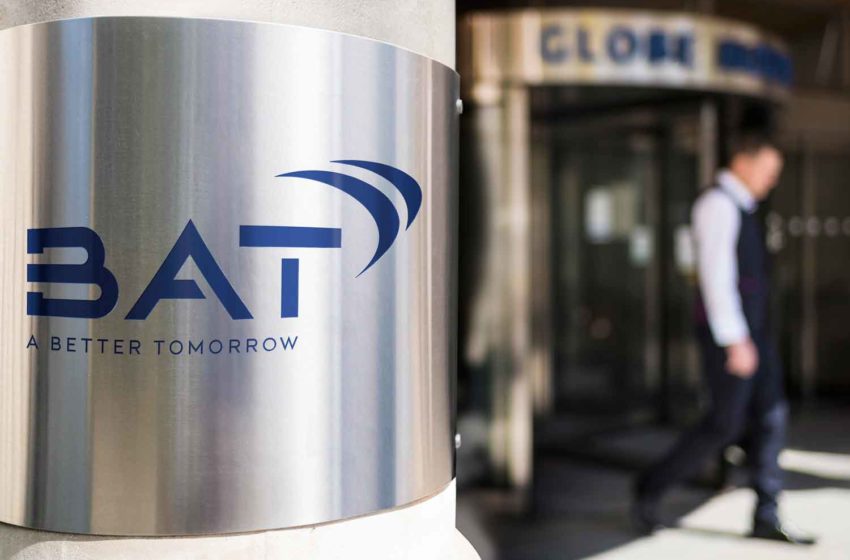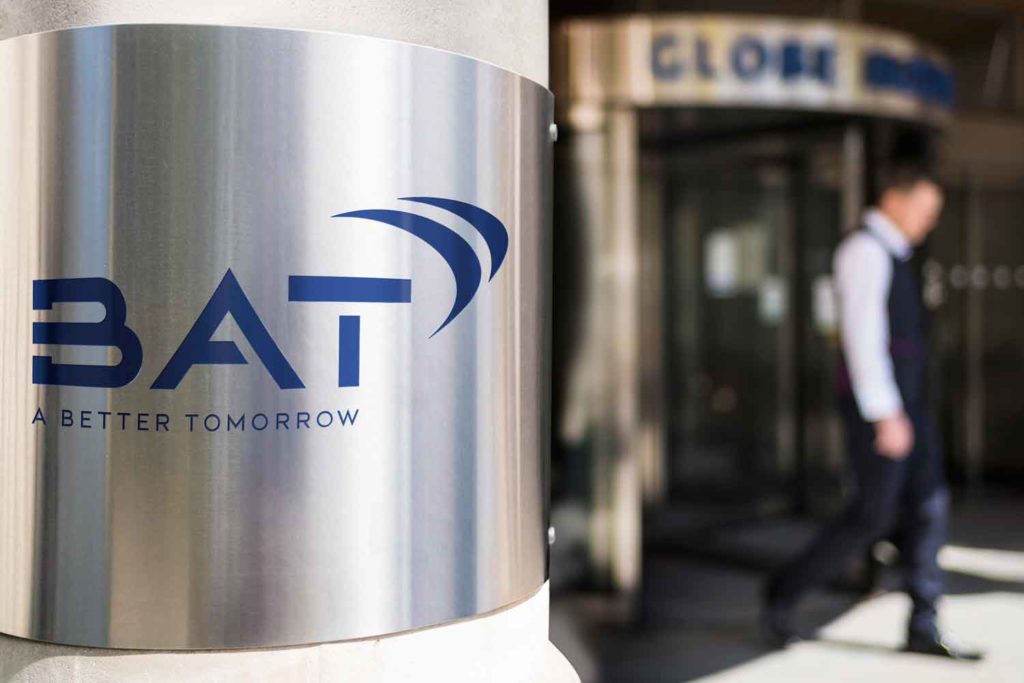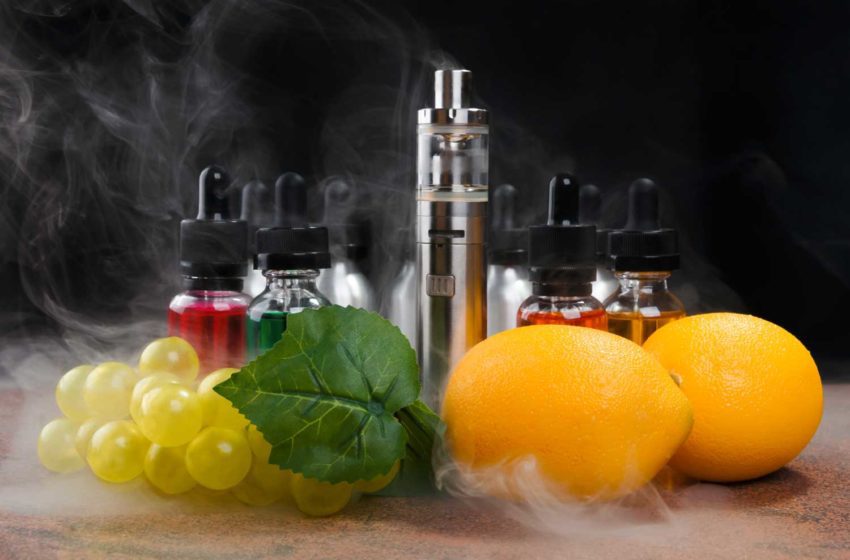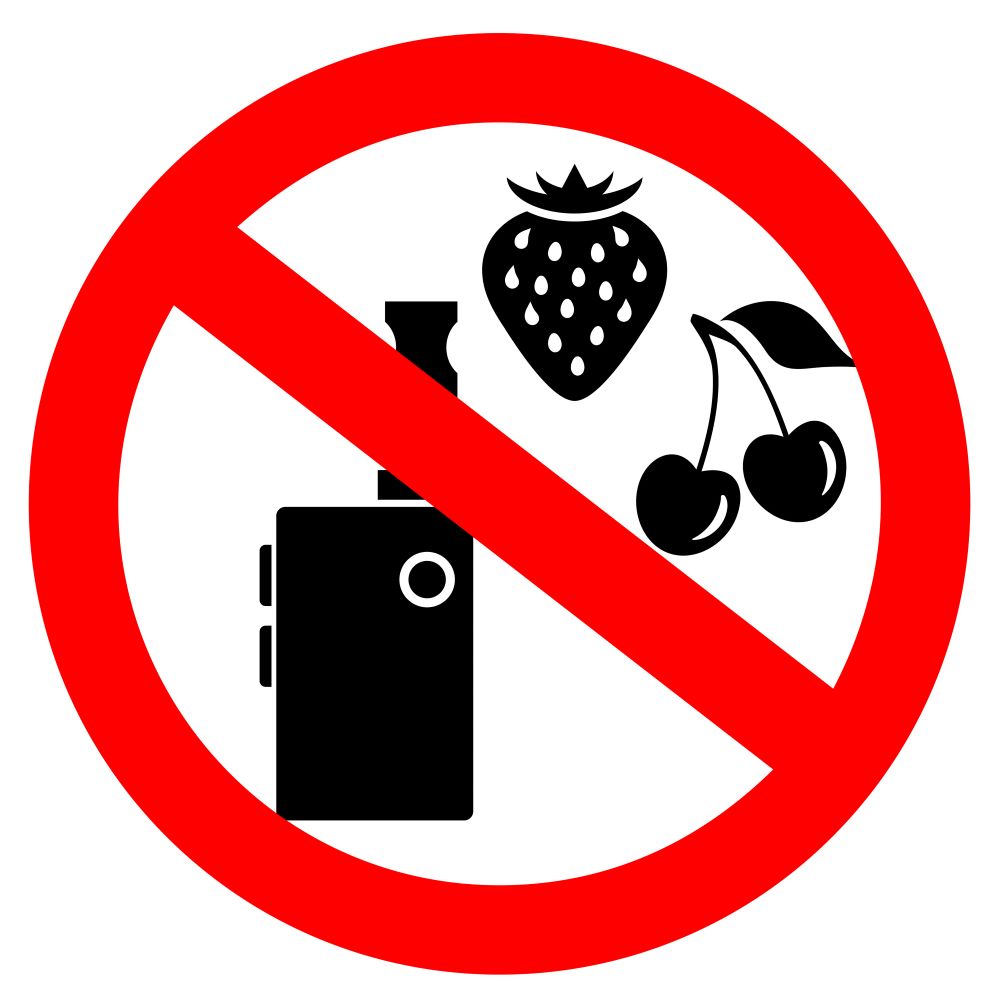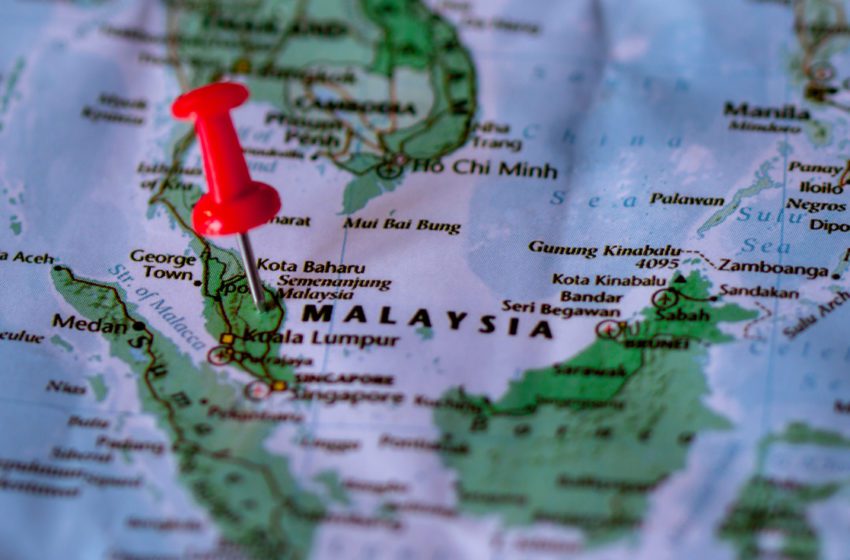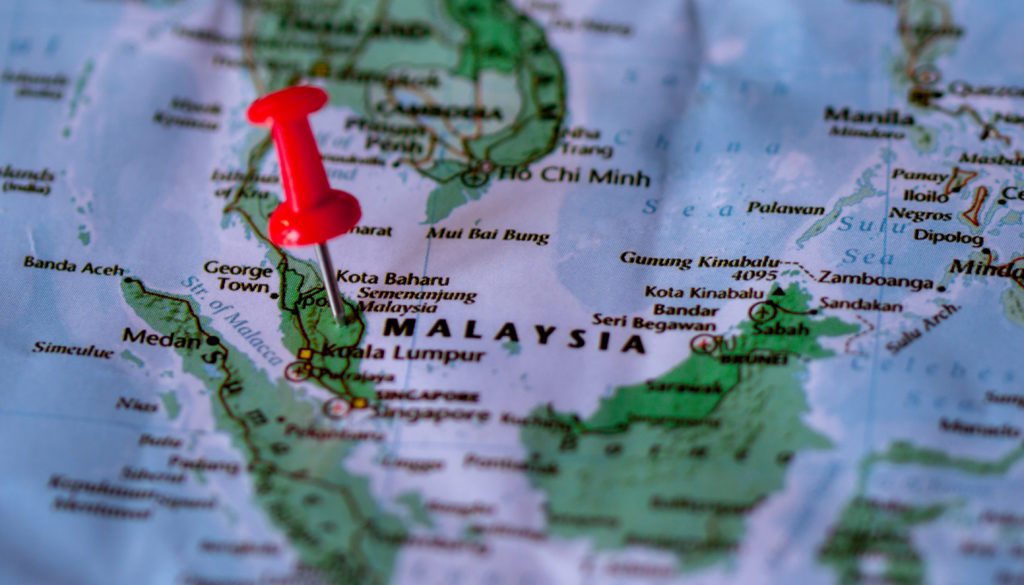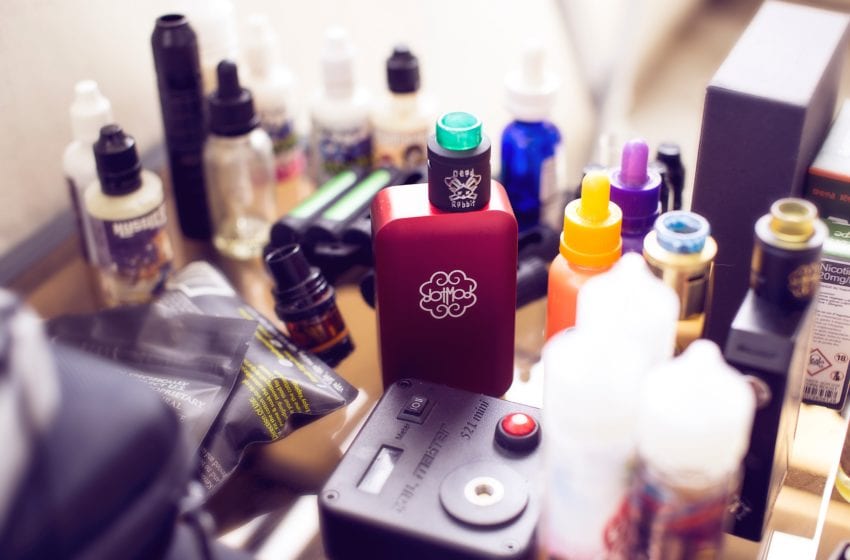
Altria Group on Friday said it had exercised the option to be released from its non-compete deal with Juul Labs. The move comes nearly four years after the tobacco giant purchased a 35 percent stake in the e-cigarette manufacturer that at the time was dominating the market.
Altria is looking to permanently terminate its non-competition obligations to Juul Labs, give up certain rights including its board designation rights and reduce its voting power, according to a 8-K filing to the Securities and Exchange Commission.
The filing states Altria has exercised its option to permanently terminate its non-competition obligations to Juul Labs, losing the right to the board designation and significantly reducing its voting power, according to Barron’s.
“This decision … increases the financial and strategic options we can pursue to secure our business and address the impact of the (U.S. Food and Drug Administration’s) now stayed [marketing denial] order,” a Juul spokesperson said.
In July, Altria slashed the value of its stake in Juul to $450 million, down from the original value of $12.8 billion, allowing itself the option to be released from the non-compete clause and invest in or engage with any other e-cigarette manufacturers.
However, it did not seek to be released from the obligations at the time, and said it saw value in its investment rights in Juul. “The decision to terminate our non-compete maximizes our flexibility to compete in the e-vapor space while maintaining our economic interest in Juul,” Altria said on Friday.
A change in its stance means Altria could go it alone or pursue other vaping products. Privately owned Njoy, which has already survived the FDA’s controversial premarket tobacco product application (PMTA) process, could be a takeover target for Altria, according to some analysts.
In July of this year, NJOY Holdings Inc hired bankers for a possible sale of the company. The news report stated that privately held NJOY was likely to be valued at up to $5 billion.
“It’s more likely that Altria will seek to buy its way back into the e-cigarette category (which represents 7 percent of U.S. nicotine sales),” Cowen analyst Vivien Azer said.


